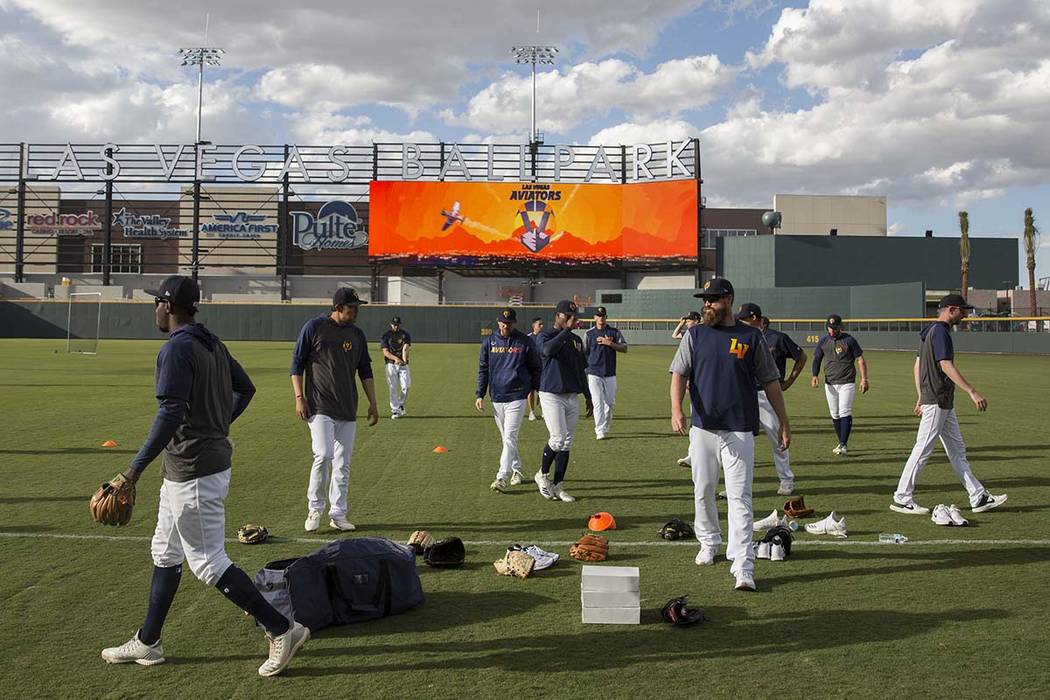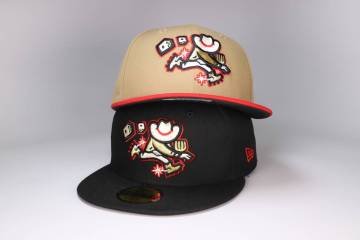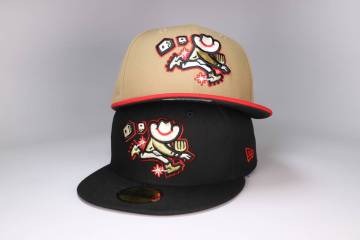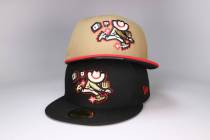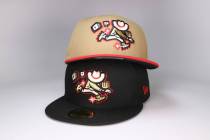Marijuana use no longer banned for Minor League Baseball players
Professional baseball players in the minor leagues will no longer be tested for marijuana use.
Marijuana will be taken off Minor League Baseball’s banned substance list, according to a joint announcement Thursday by Major League Baseball and the Major League Baseball Players Association.
The action will become effective for the 2020 season beginning with spring training, including with Triple-A franchise the Las Vegas Aviators.
“Times are changing,” said Don Logan, Aviators president, who last week was named Minor League Executive of the Year by Baseball America. “Things in baseball and the world are changing.”
Marijuana already is not among the substances for which Major League Baseball players are tested for during random drug tests, though players could face disciplinary action if found to be under the influence of the drug.
Marijuana will now be treated like alcohol at both levels of professional baseball. If a player has an off-field incident involving violence and is suspected to be under the influence of alcohol or marijuana at that time, they could face disciplinary action. Treatment also could be sought by a team if a player is suspected to have a substance abuse problem with either alcohol of marijuana.
The exclusion of weed from minor league testing comes as new substances are being added to the testing list for the majors. Those substances were already tested for in the minor leagues.
Drugs of abuse, such as cocaine, opioids, fentanyl and synthetic THC will be part of the random drug test protocol in the MLB.
“The opioid epidemic in our country is an issue of significant concern to Major League Baseball. It is our hope that this agreement — which is based on principles of prevention, treatment, awareness and education — will help protect the health and safety of our players,” MLB Deputy Commissioner and Chief Legal Officer Dan Halem said in a statement. “I commend the players association and its membership for their thoughtful approach to this important issue. We also appreciate the support and guidance offered to us by the Office of National Drug Control Policy. It is our collective hope that this agreement will help raise public awareness on the risks and dangers of opioid medications and contribute positively to a national conversation about this important topic.”
The policy shift followed the opioid-related overdose death of Anaheim Angels pitcher Tyler Skaggs earlier this year and marijuana becoming legal in many states, including Nevada.
Players who test positive for prohibited drugs will be admitted to a substance abuse treatment program and not suspended. Players who fail to cooperate with their initial treatment plan may be subject to discipline.
If a player is found to be under the influence of marijuana during a game or practice, it would be treated the same as alcohol and the player would face disciplinary action.
The major league program is bargained with the players association, while the minor league program is instituted by the MLB.
Educational programs on the dangers of opioids and practical approaches to marijuana use will also be provided during the 2020 and 2021 seasons. The educational programs will focus on evidence-based and health-first approaches based on science and sound principles of public health and safety.
“Players are overwhelmingly in favor of expanding our drug-testing regimen to include opioids, and want to take a leadership role in helping to resolve this national epidemic,” said Tony Clark, Executive Director of the MLBPA in a statement.
Contact Mick Akers at makers@reviewjournal.com or 702-387-2920. Follow @mickakers on Twitter.



